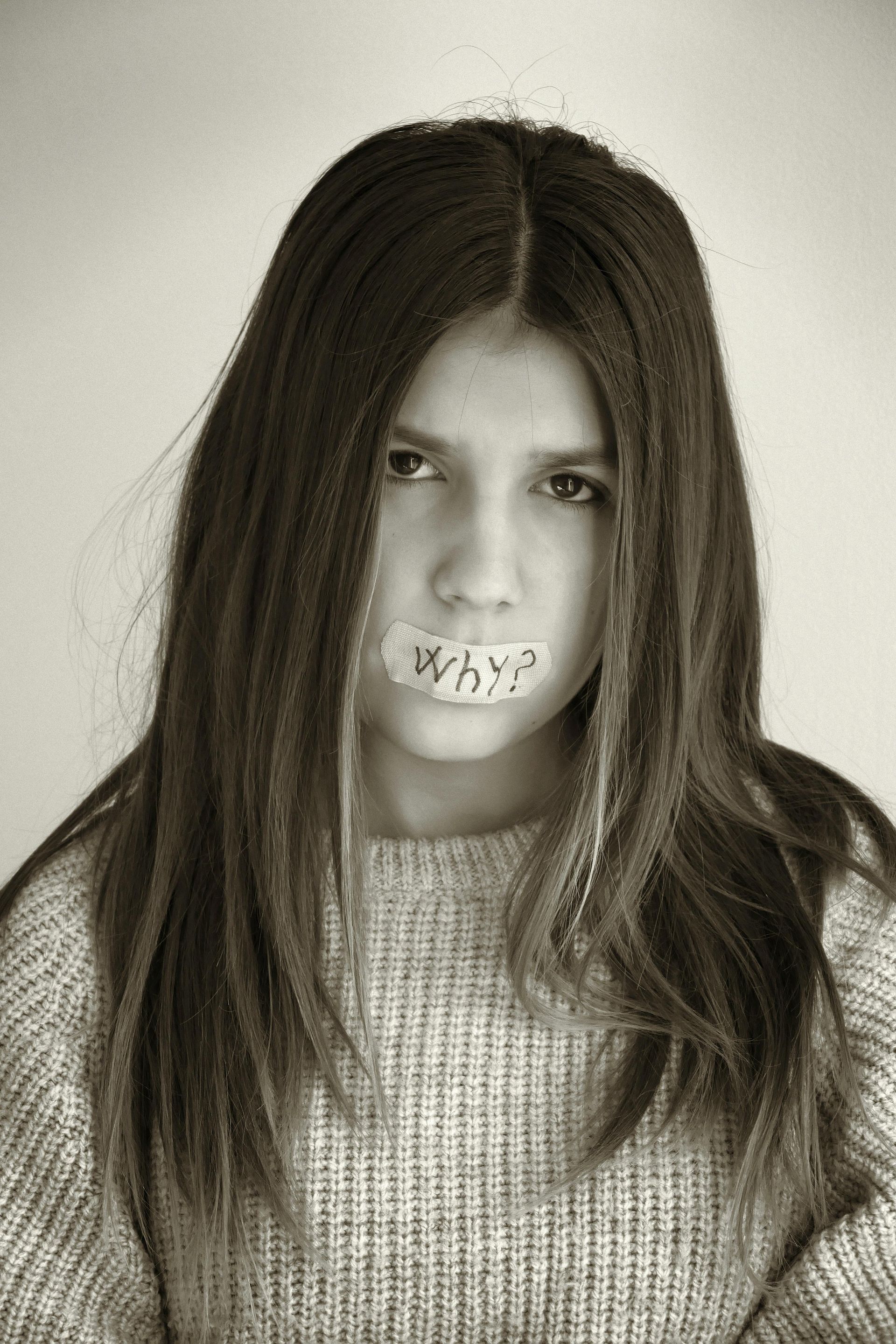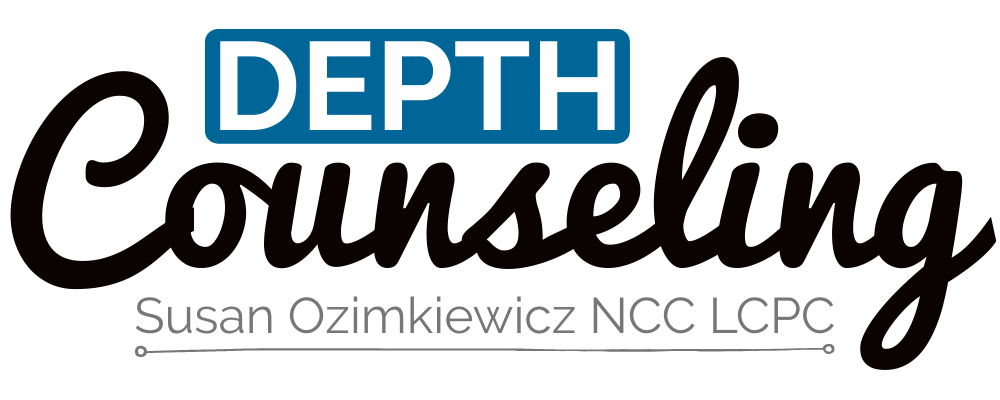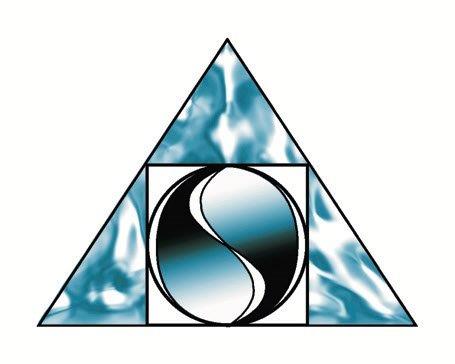Hello as You Shelter in Place
“And the world cannot be discovered by a journey of miles, no matter how long, but only by a spiritual journey, a journey of one inch, very arduous and humbling and joyful, by which we arrive at the ground at our own feet, and learn to be at home.” ― Wendell Berry
Here’s to Your Health
Bill Bryson states in his book Mother Tongue that “hello” comes from Old English hál béo þu (“Hale be thou”, or “whole be thou”, meaning a wish for good health). Health is clearly the opposite of illness. According to Jungian analyst J. A. Sanford the word health might have come from the Saxon word hal which is also in the words hale and whole. Every time you say, “hello” to someone you are saying that you hope they are whole and healthy. Therefore, wholeness implies health.
Wholeness
“When you do things from your soul, you feel a river moving in you, a joy.” ― Rumi
Many of my clients have wondered what wholeness really means. If you are sound and whole in body, mind, and spirit, then everything is interacting and working in relation to each other. That is, all your body parts speak to each other in the same language in order to work harmoniously together. There are no rebels or renegades so to speak. A person can feel grounded, at home and safe within their own body. A simple example is that if you ever had a splinter in your foot or finger, your entire self was focused on getting that tiny little intruder out because your whole organic system was triggered. This was an experience of feeling an internal split, divided-ness or separateness from yourself because you’re experiencing the other, the splinter. Now in that splintered moment was the conscious awareness of a personal conflict. Currently the conflict is the current Pandemic that is splintering everyone.
To become right with yourself again, you have to deal with or process the splinter conflict. The splinter is an example of not being right with yourself or feeling right with the world. This includes not knowing what is true, what is happening because of all the confusion. At times, everyone can relate to when everything is not alright because things do not feel right. This simple example can be applied to anything that causes you to be wounded, impaired, or incapacitated.
Something that is whole and feels complete is something that is intact and undivided and has no parts missing. There are no fragments or outliers. Therefore, the state of health is the general condition of the body, mind, and spirit, especially in terms of the presence or absence of illnesses, injuries, or impairments. Wholeness and health allow the soundness, vitality, and proper functioning of your total personhood even in the midst of a world crisis when a person is grounded and safe within their own personhood.
Healing occurs when the troubling unconscious contents are worked with when they are brought out into the light of the day. All your issues need to be assimilated into the whole personality with nothing left out or emotionally cut off. These are your dreams, symptoms, fantasies, and things that disturb your life’s balance and equilibrium It is a completely natural process that is necessary for the integration of the psyche to take place. Psyche, means and refers to the human spirit or soul and the human mind as the center of thought and behavior. Poetry can capture the soul and nature of what is going on in the world. The following poetic verse excerpts might speak to you.
In the nightmare of the dark
All the dogs of Europe bark,
And the living nations wait,
Each sequestered in its hate;
Intellectual disgrace
Stares from every human face,
And the seas of pity lie, locked and frozen in each eye.
With the farming of a verse
Make a vineyard of the curse,
Sing of human unsuccess
In a rapture of distress;
In the deserts of the heart
Let the healing fountain start,
In the prison of his days
Teach the free man how to praise ― W. H. Auden In Memory of W. B. Yeats







